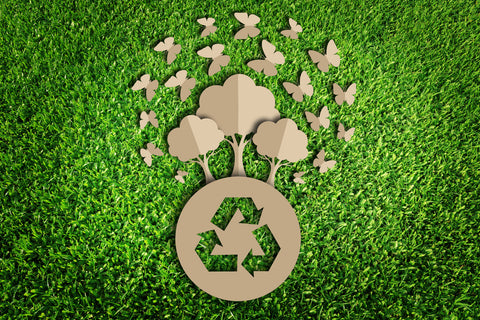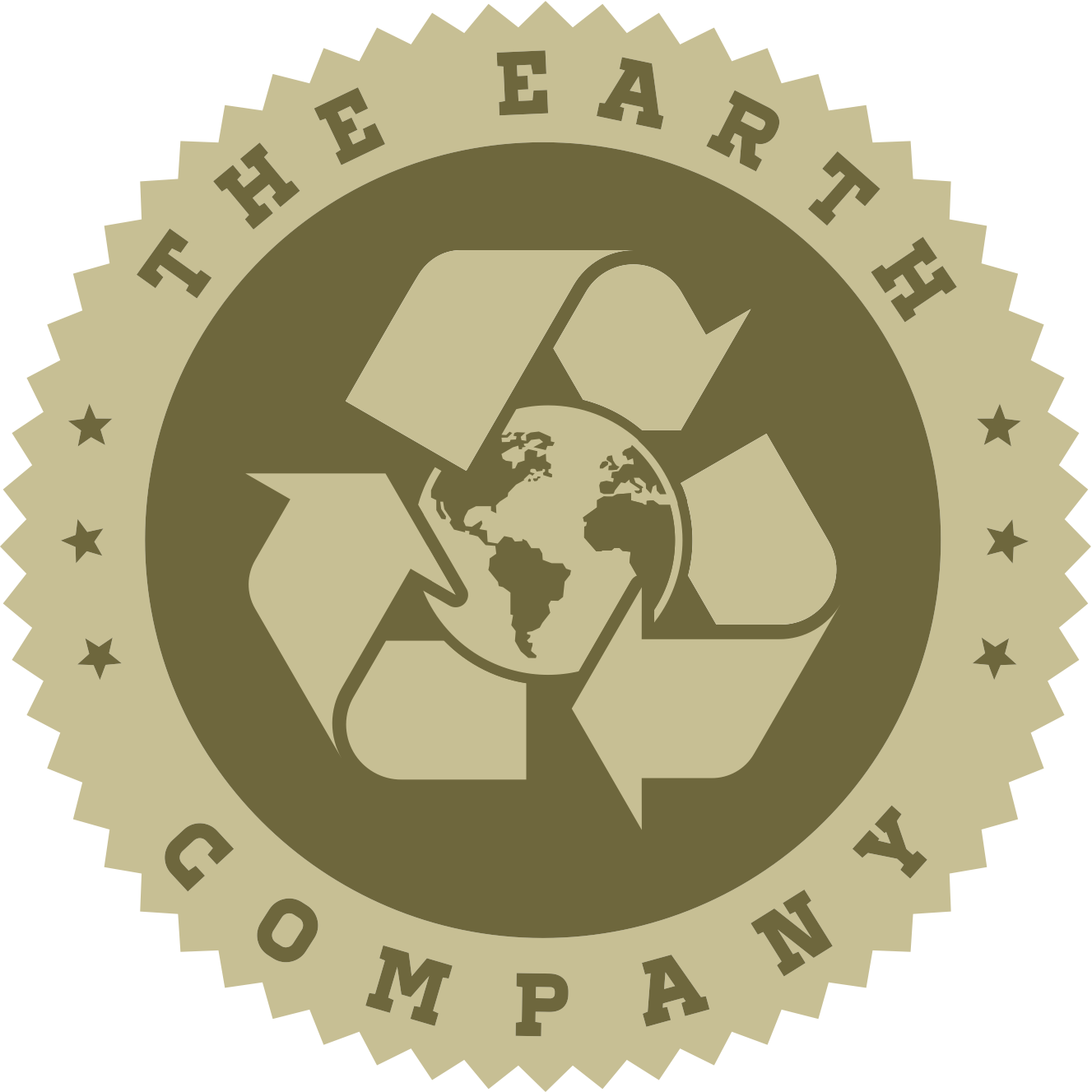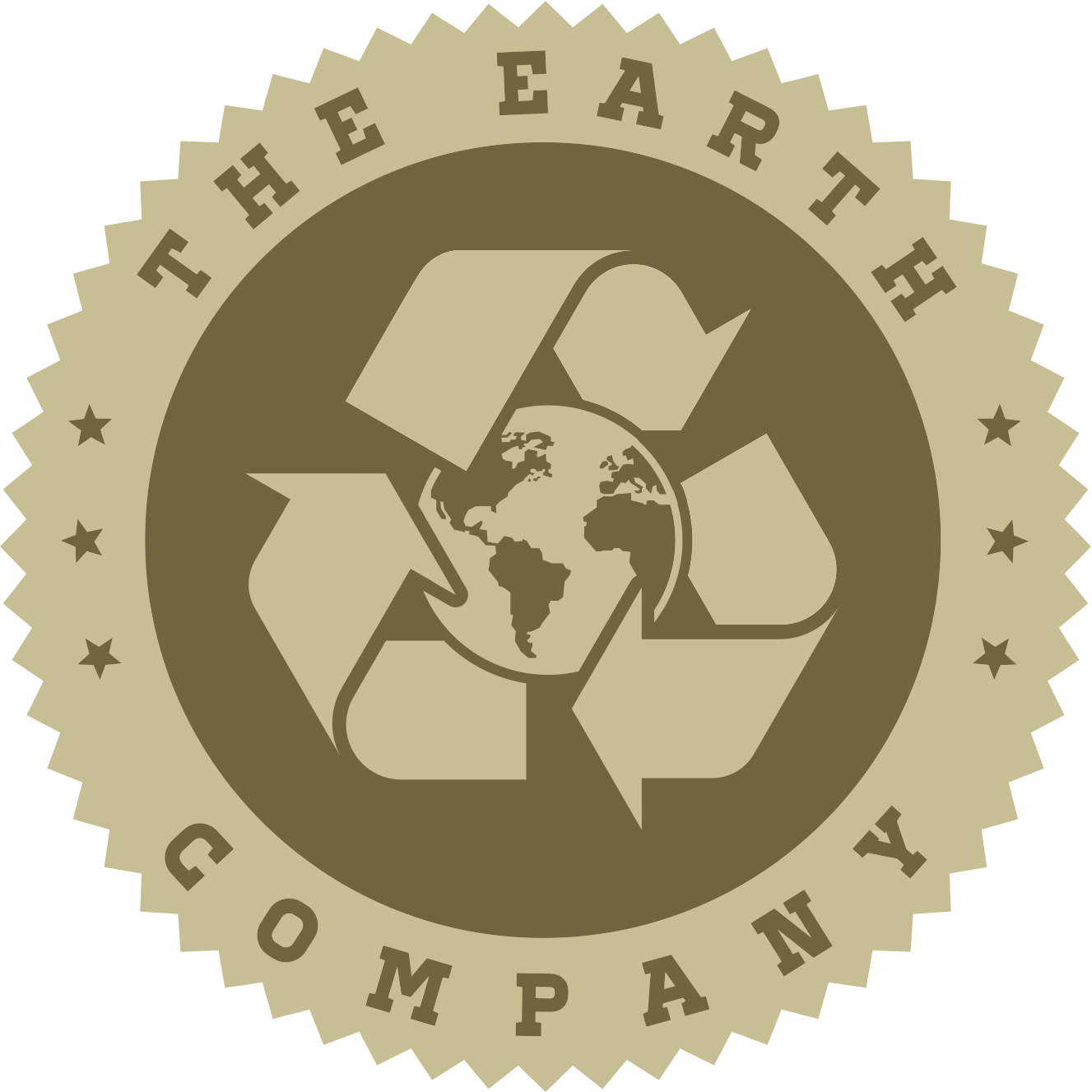
Even many avid supporters of recycling have certainly noticed some disturbing trends that have taken shape in recent years. After decades of progress in the quest to eliminate as much waste as possible from our landfills and make better use of limited resources, various market factors seem to be in danger of upsetting the march toward a more sustainable existence for mankind. That has led many to conclude that the future of recycling is far drearier than most people expected it to be. But is that true; is the recycling movement in any real danger?
To answer that question with any degree of reasonable certainty, it’s important to first understand the societal factors that have many questioning the future viability of large-scale recycling. Her are just a few of the most pressing issues we all now face as different segments of society begin to question the feasibility of expanding our recycling efforts:
-
Costs are rising. Many area governments and their citizens are paying higher rates to recycle goods than they can presently bear, making the landfill option more attractive from an economic point of view.
-
Recycled commodity values are presently too low to justify processing costs in many areas. That often results in a failure to properly collect and sort the types of materials that can be recycled, leading to contamination. That contamination causes those materials to end up being discarded.
-
There is still a surprising lack of education about the proper way to recycle, which leads consumers to unknowingly create exactly the kind of cross-material contamination that renders those recycled materials unsuitable for use.
In short, the two main threats to the recycling effort at this point in time are two of the same obstacles the movement faced in its early days. As a community, our recycling efforts are tied directly to the market. That is largely due to the lack of political will that would be necessary to undertake the sort of national or international government-led effort that many believe to be necessary. So, is there a way to avoid a collapse of the recycling industry and ensure that we continue on our path to sustainable living?
We believe there is. The common theme running through all three of those problems listed above all revolve around one key issue: not enough of us recycle properly, and that raises processing costs and reduces the economic incentive needed to expand the recycling effort. The answer to our common dilemma has to be focused on increased education about the problem and greater efforts to teach people how to recycle in a way that reduces costs.
These current trends may be troubling, but no one should assume that they are an unavoidable impediment to making further progress in our recycling efforts. With a concerted campaign to educate more people about the proper way to recycle, we can reduce the contamination that is adversely impacting processing costs and increase the financial incentive that motivates communities to choose recycling over landfills. The end results will be well worth the effort!



